The Independent's journalism is supported by our readers. When you purchase through links on our site, we may earn commission. Why trust us?
What is indoor pollution and is it damaging your skin?
We spoke to experts who revealed the effects it has on our complexion and how to combat it
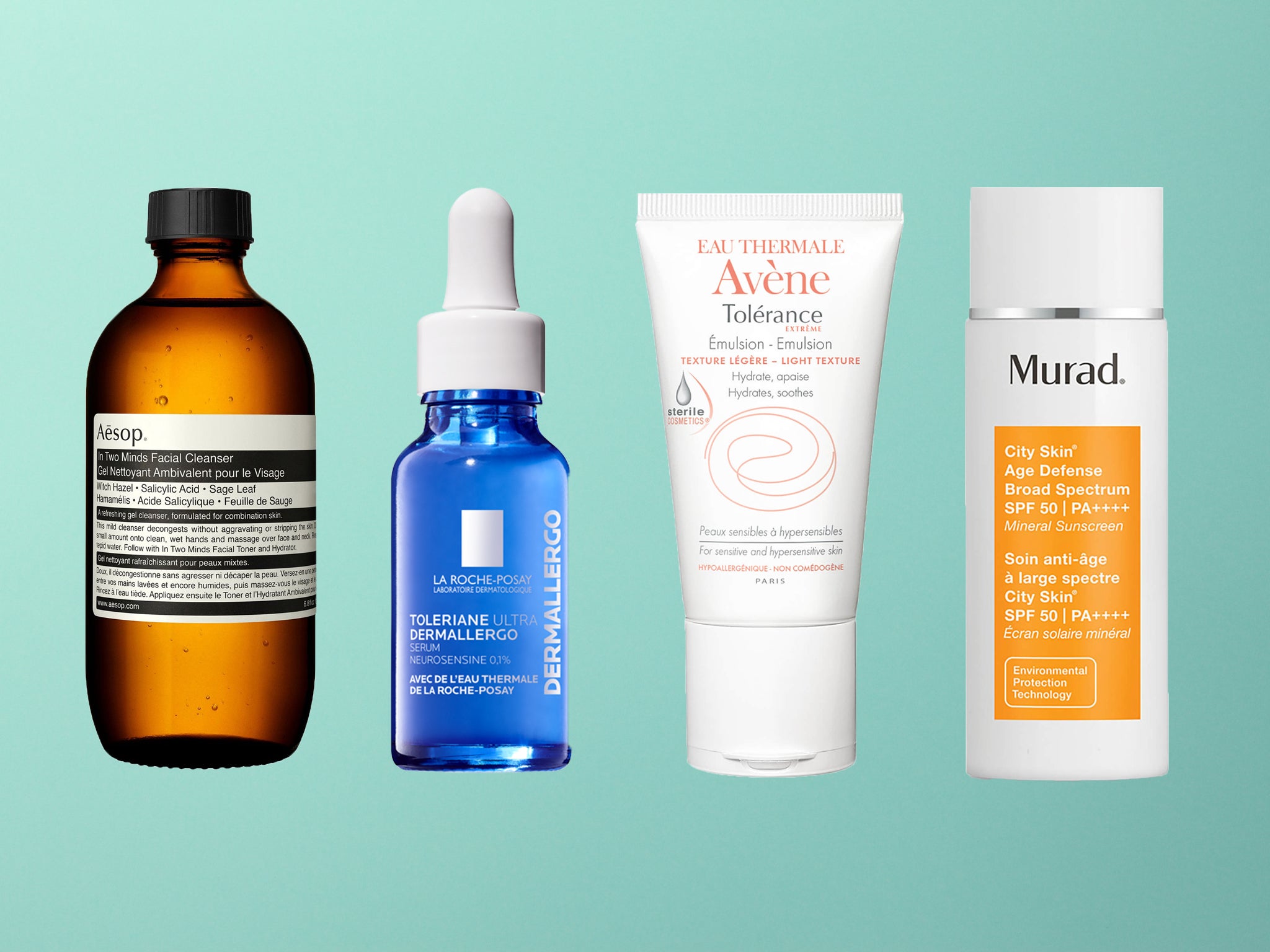
It’s well known that pollution isn’t good for our health.
Reduced air quality in areas with high levels of pollution, often cities, contributes significantly to skin ageing, dehydration and inflammation.
However, there’s also pollution to be found in our homes, such as dirt, dust and gases, which can be damaging to our skin too.
As we're spending less time outside, it can be tempting to neglect our skincare routine, but you shouldn't get complacent.
Dr Adil Sheraz, consultant dermatologist and British Skin Foundation spokesperson, told The Independent that air pollutants such as polycyclic aromatic hydrocarbons (PAH) and cigarette smoke can have harmful effects on the skin.
“Household dust will contain PAH and often due to the way most homes are ventilated, the bedroom will have the highest concentrations of PAH, mostly settling in carpets and curtains,” he says, adding that eczema-sufferers are particularly prone to PAH particles penetrating an already compromised skin barrier, resulting in inflammation.
His tips to reduce the build-up of PAH indoors is to opt for wooden floors instead of carpeting, dust frequently with a damp cloth rather than a duster (which will only spread the dust), vacuum regularly and have adequate ventilation, such as an extraction fan in the kitchen.
According to Dr Sheraz, cigarette smoke can also exacerbate certain skin conditions such as psoriasis and acne, and of course increase wrinkle and fine line production at an earlier age, so try to make sure your home is a smoke-free zone.
But it’s not all doom and gloom, there are ingredients and products that can minimise the damage done from indoor pollutants. This is your expert guide.
You can trust our independent round-ups. We may earn commission from some of the retailers, but we never allow this to influence selections. This revenue helps us to fund journalism across The Independent.
Invest in an air purifier
Daniel Isaacs, Director of Research at cosmeceutical skincare brand Medik8, recommends an air purifier to remove harmful airborne allergens such as mould, spores and pollen which can trigger skin irritation and flare-ups.
“This, in turn, can lead to us scratching the skin and transferring bacteria, adding to the possibility of breakouts,” he says.
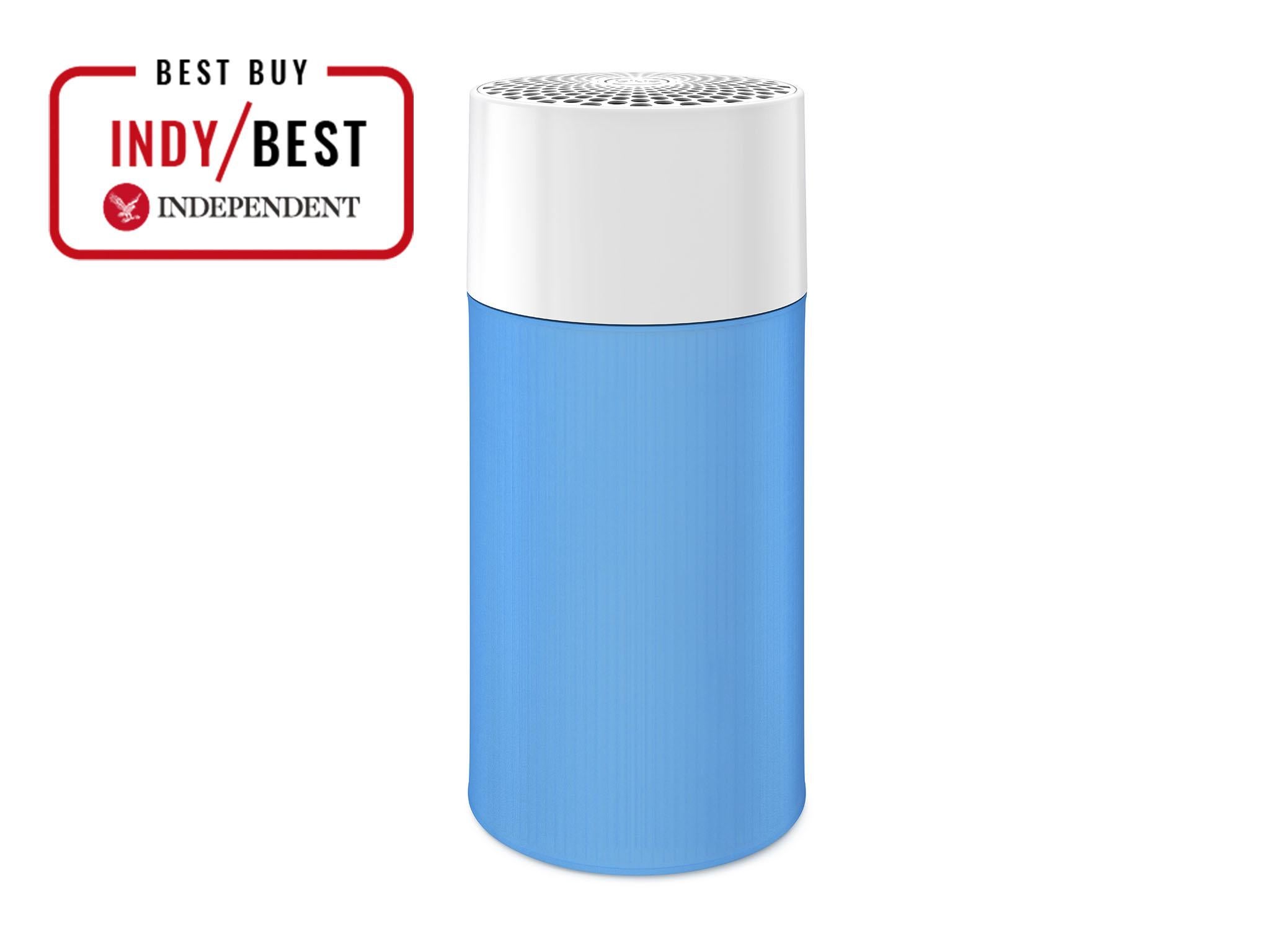
This Blueair blue pure 411 (Argos, £129) topped our IndyBest review of air purifiers for its simple set up, with just a one-button control.
Our tester said: “With three-speed settings, this is a no-fuss purifier which completely filters room air every 12 minutes. We found the lowest setting on this product was quiet enough to have on while sleeping, so you can wake up feeling dust and allergen-free.”
Get into a good routine
To combat the effects of pollutants, Dr Sheraz recommends following a simple skincare routine, starting off with gentle daily cleansing, using a product that won’t strip the skin of its natural barrier.
Aesop’s in two minds cleanser (Cult Beauty, £35) does just that. The gel-based formula is lightweight on the skin, it leaves no greasy residue and doesn't make your face feel tight after use. Best for combination skin types, simply massage onto skin and rinse off with warm water.
He then recommends following up with a topical vitamin C to combat the effects of pollutants.
We'd recommend the Clinique fresh pressed 7-day system with pure vitamin C (Clinique, £25) topped our IndyBest review of vitamin C products. A “week-long boot camp for dull and lined skin,” the kit contains two products, a powder and a "daily booster", both of which contain the brightening ingredient.
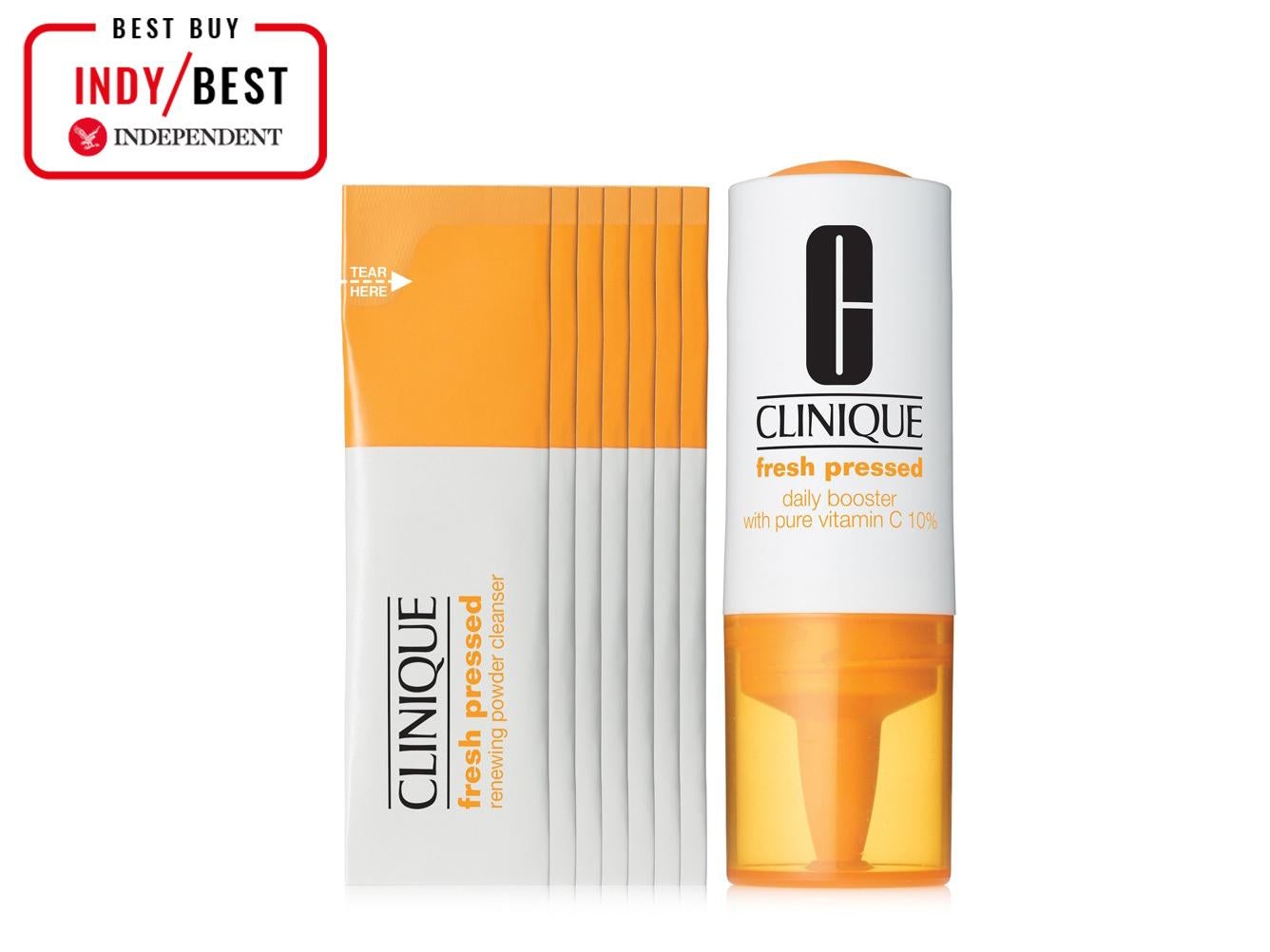
To apply, empty a packet of the powder into wet hands and massage into skin, leave for one minute and then remove with a flannel. Double up by adding a couple of drops of the “daily booster” to your regular moisturiser morning and evening.
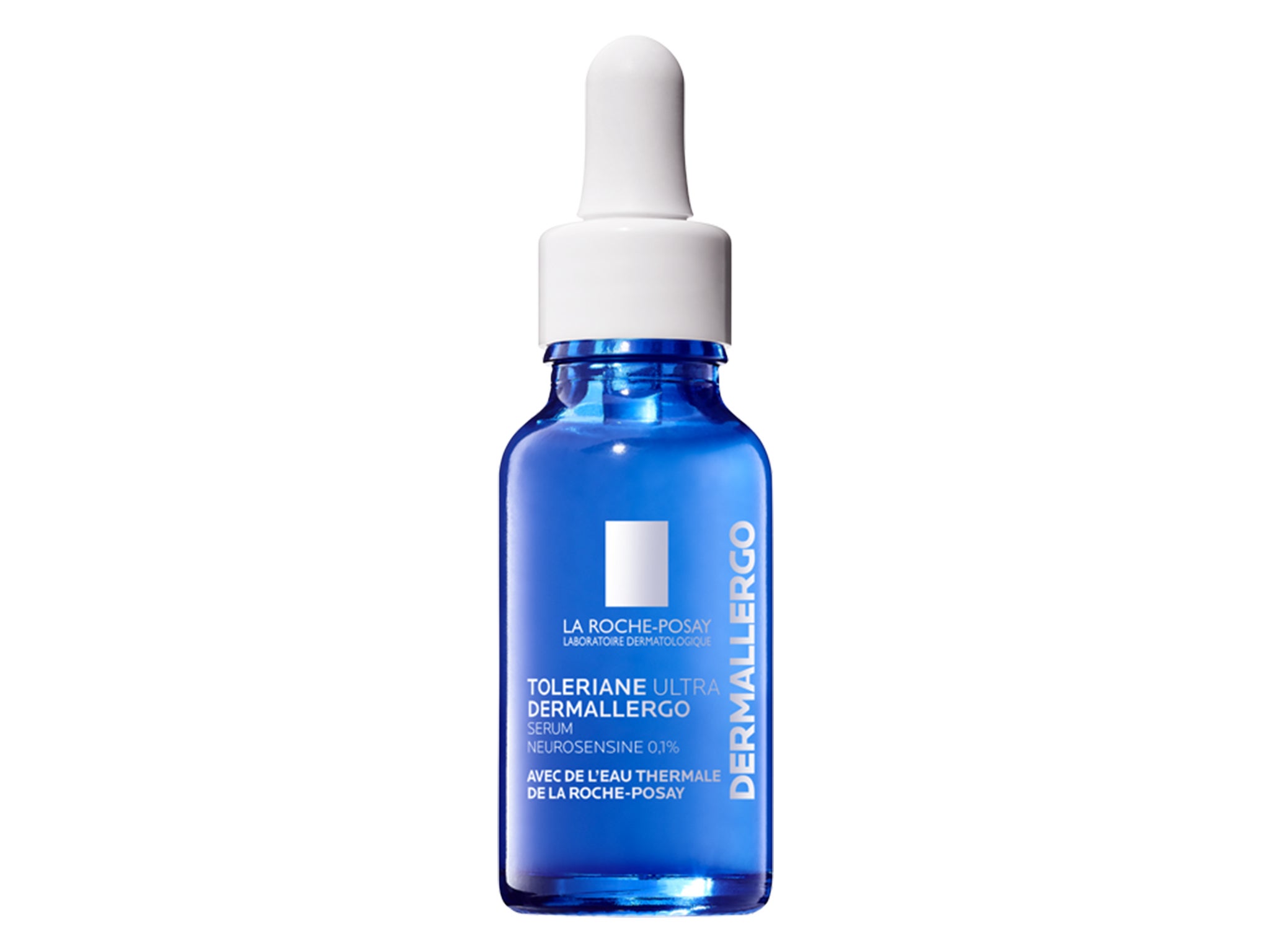
If you’re prone to sensitivity, try introducing the La roche-posay toleriane ultra dermallergo serum (Boots, £28) into your routine too, applied before moisturiser. The fast-absorbing gel soothes dryness, tightness and itchiness and helps prevent against future reactions to pollutants and irritating products.
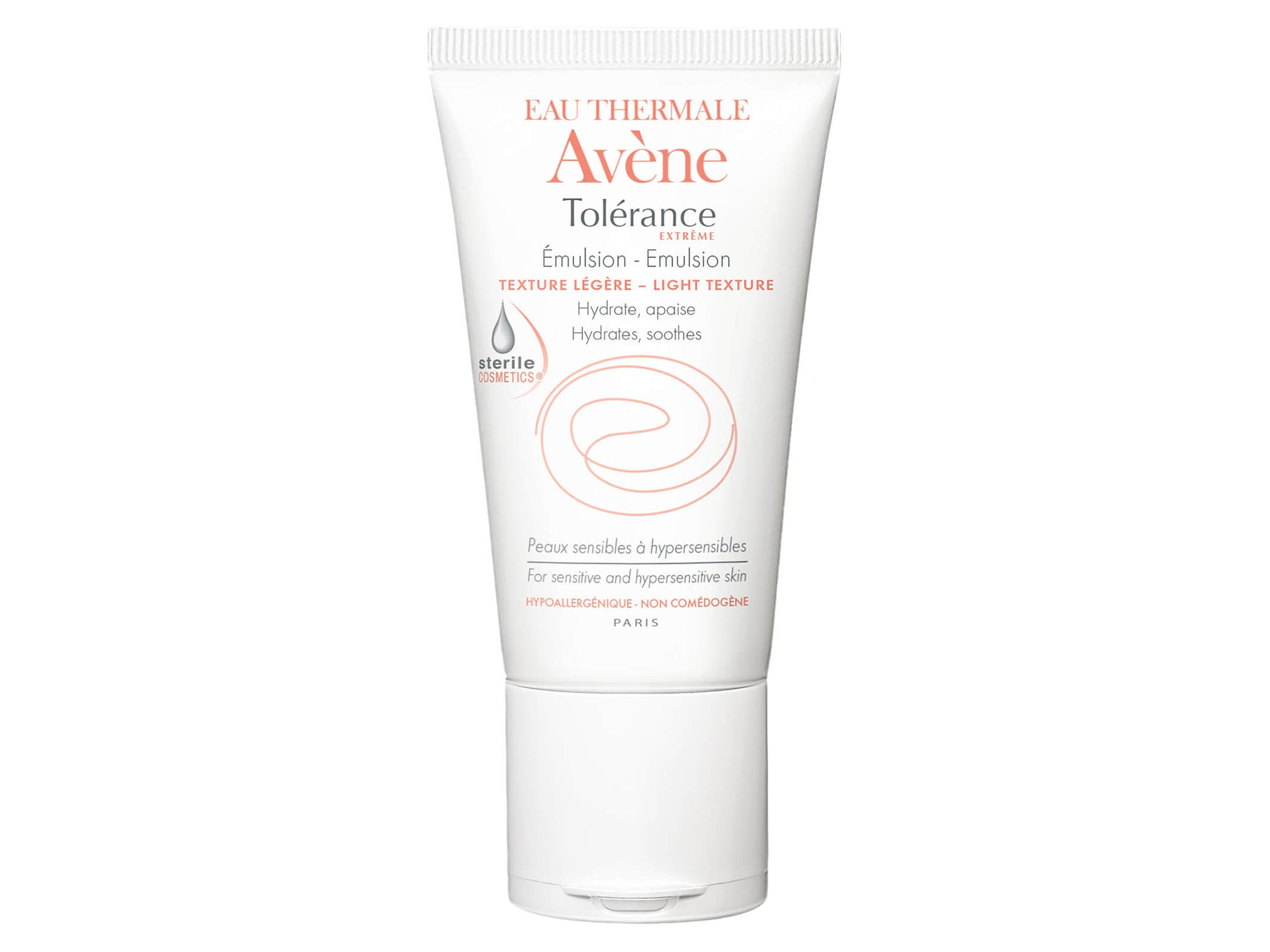
Lastly, Dr Sheraz advises using regular emollients to help restore the skin barrier function.
We suggest the Avene tolerance extreme emulsion (Look Fantastic, £13.50). The gentle cream moisturiser will hydrate and moisturise dehydrated skin thanks to its glycerin and squalane formula, without leaving you feeling greasy or disrupting make-up when you feel like wearing it.
Always use an SPF – even if you’re not going outside
Don’t get complacent with applying SPF on days when you don’t go outside. Even if you’re indoors, UV rays can still pass through glass windows.
“It is well known that UV radiation will not only age and pigment the skin but can induce skin cancers, some of which may be fatal,” says Dr Sheraz.
UVA rays penetrate deeper into the skin than UVB rays and are more of a threat as they can cause damage even when it's cloudy and the sun isn't visible. Whereas UVB rays are more prevalent in sunny climates and are more responsible for sunburn.
He notes that normal window glass will block out most of the UVB, however, 50 per cent of the UVA will be able to pass through.
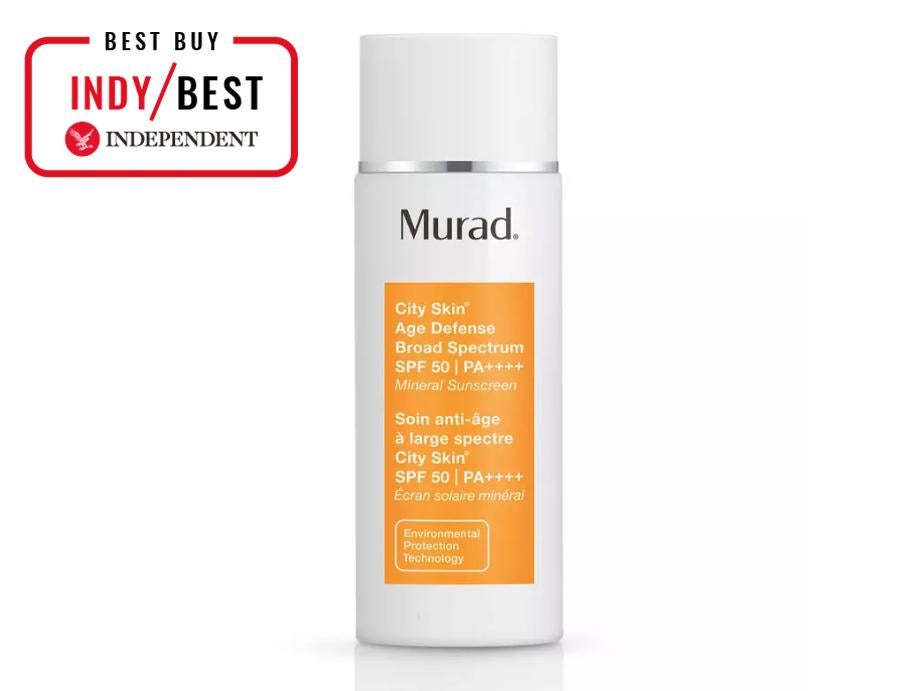
Therefore he recommends using high factor sunblock with UVA protection.
The Murad city skin age defence broad spectrum, SPF50 (John Lewis & Partners, £60) beat off competition in our IndyBest review of facial sunscreens. Suiting all skin types, it doesn’t leave a white cast, nor does it pill or lead to breakouts, all while adding a subtle radiance to the skin.
Bookmark popover
Removed from bookmarks